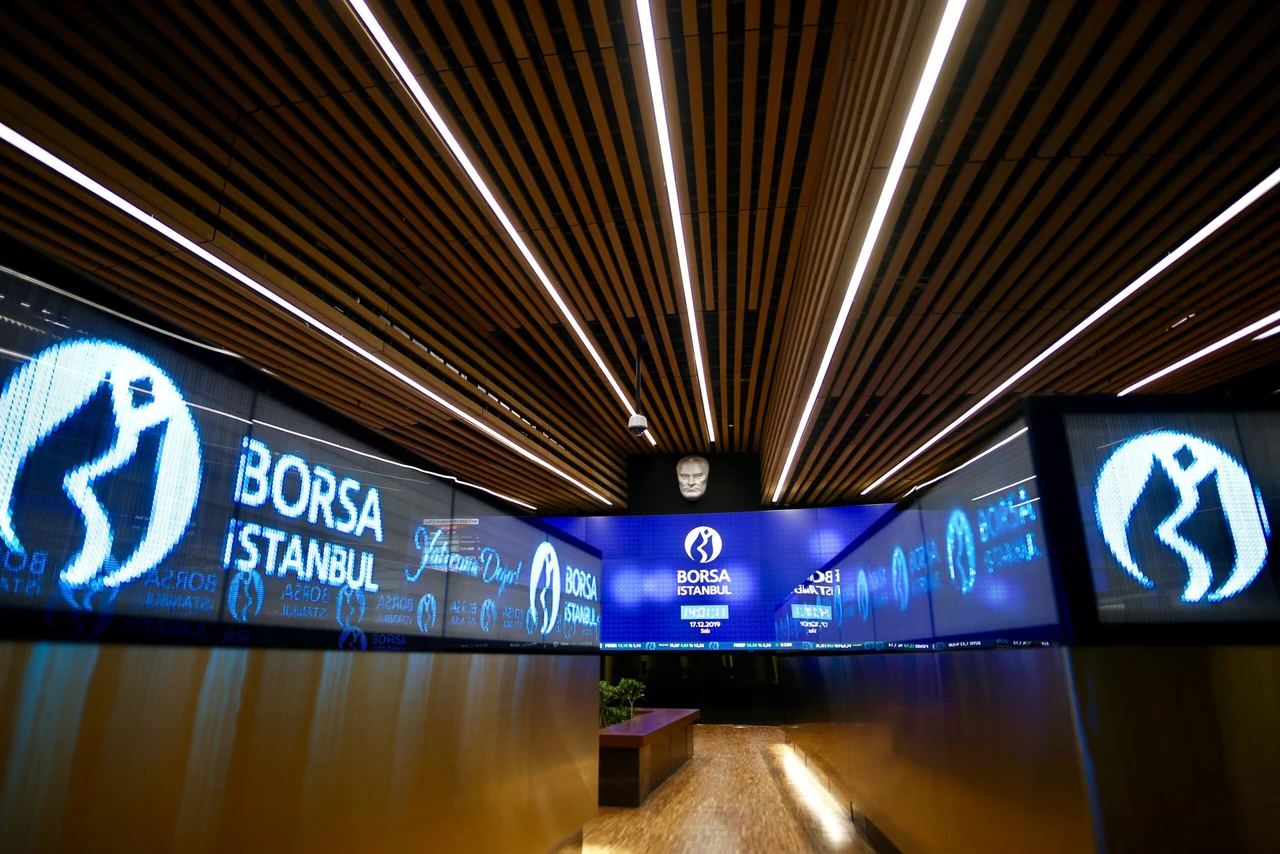China takes Türkiye’s auto tariffs to World Trade Organization
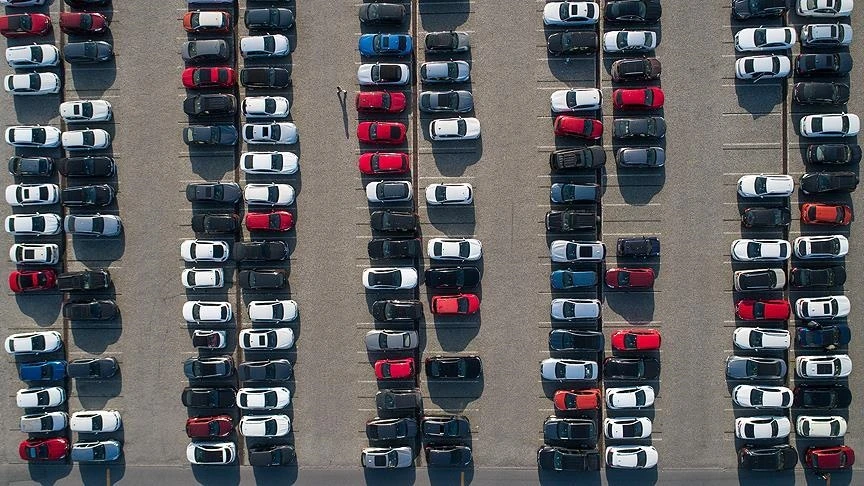 A view of parked cars, November 9, 2023. (AA Photo)
A view of parked cars, November 9, 2023. (AA Photo)
China has filed a complaint with the World Trade Organization (WTO) over Türkiye’s additional customs duties and import restrictions on automotive products, labeling the measures as protectionist.
China’s Ministry of Commerce announced on Tuesday that it has requested consultations with Türkiye through the WTO’s dispute settlement mechanism. The ministry claims that Türkiye’s recent actions, particularly targeting Chinese-made electric vehicles (EVs), are discriminatory and violate WTO rules.
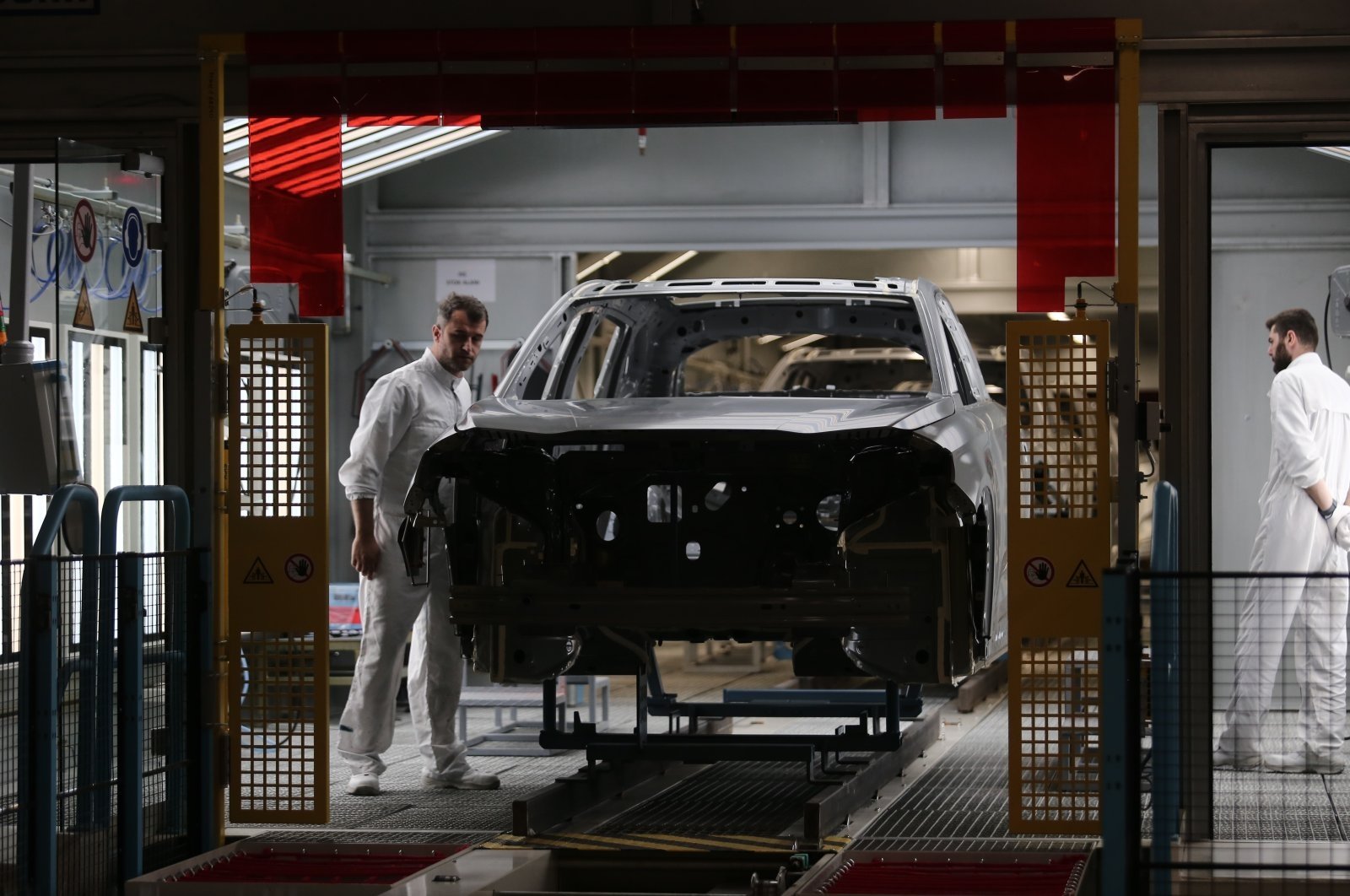
China’s accusations of protectionism
A spokesperson for China’s Ministry of Commerce said that Türkiye’s additional customs duties and import licensing requirements for Chinese electric vehicles represent “typical protectionist measures.”
The spokesperson urged Türkiye to comply with its WTO obligations and “immediately correct its wrongful practices.”
The Turkish side imposed a 40% additional tariff on electric cars and other vehicles imported from China and set import license restrictions.
This discriminatory measure violates WTO rules and is a typical protectionist practice.
We urge the Turkish side to abide by its relevant WTO commitments and immediately rectify its wrongful practices.
China’s Ministry of Commerce
Türkiye has been accused of imposing “discriminatory measures” against Chinese electric vehicles, according to the ministry, which argues that these actions breach international trade regulations.
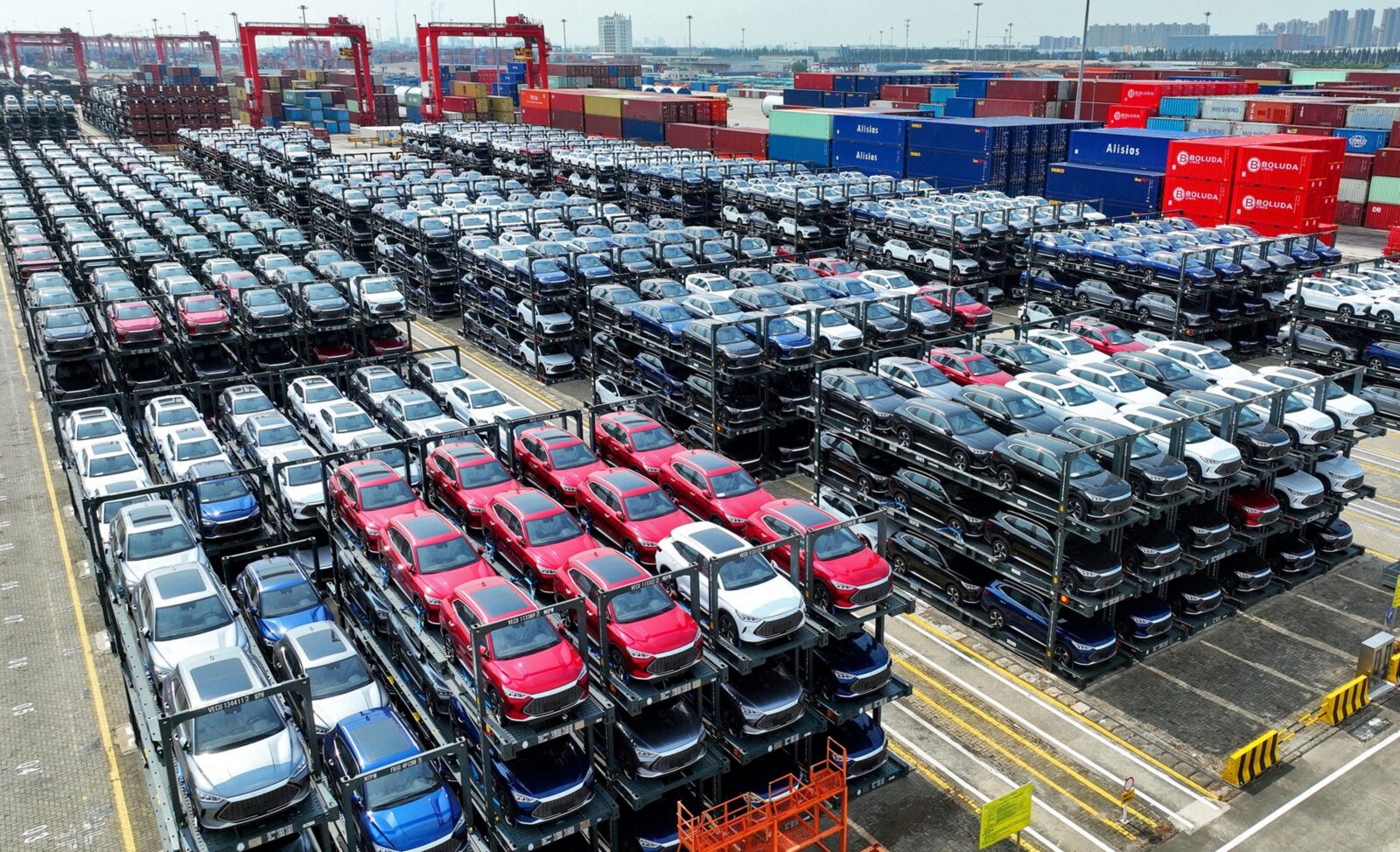
Türkiye expanded import restrictions
In September, Türkiye extended stringent import conditions for electric vehicles, initially aimed at Chinese imports, to cover rechargeable hybrid cars and commercial vehicles as well.
Earlier in June, Türkiye had already imposed additional customs duties on fuel-powered and hybrid vehicles imported from China.
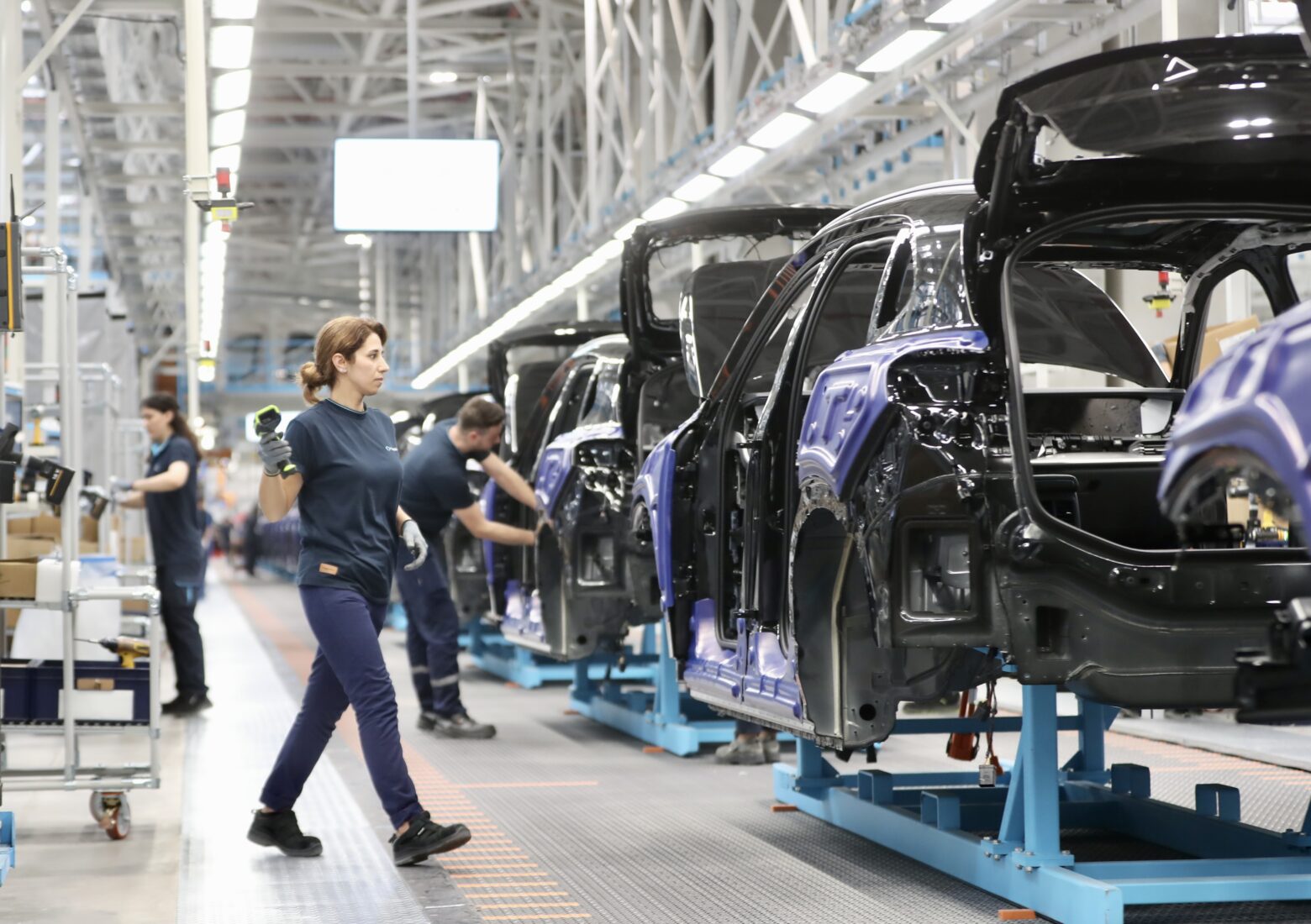
WTO dispute resolution process
The dispute between the two nations over customs duties and trade policies will be handled through the WTO’s dispute resolution mechanism, which begins with consultations.
If consultations fail, the case may be escalated to a formal dispute panel.


